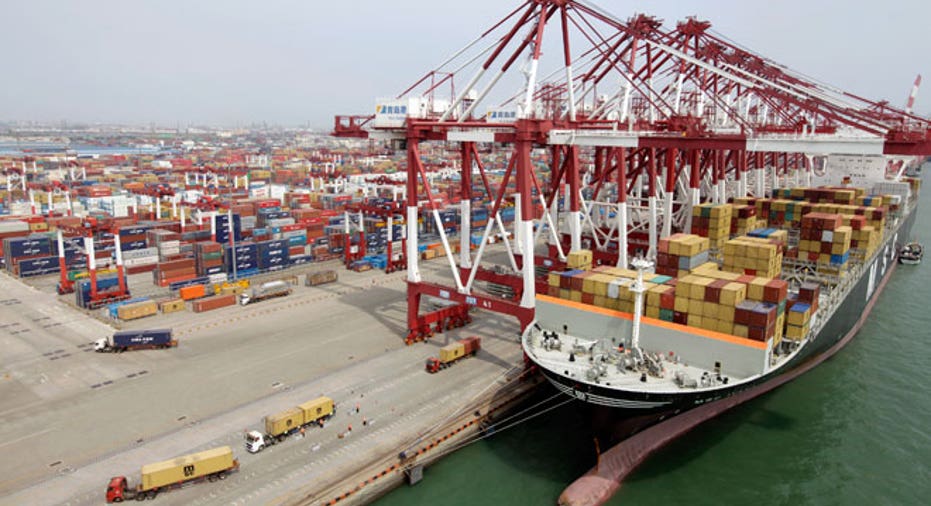Focus Shifts to Gulf as L.A. Imports Dive 18% on Strikes

The eight-day California port strikes that ended last week led to a sharp decline in trade activity and cost the U.S. billions of dollars, and now the attention is shifting back to the Gulf of Mexico.
Imports to the Los Angeles Port fell 18% last month to 142,543 from 173,423 in the prior-year period and were down 22% from January, according to data from global trade intelligence company Zepol.
Shipments to Long Beach fell 15% to 109,484 from 129,128 in 2011 and were down 19% from the sequential month.
Both ports saw the weakest activity of all but one month over the last year, only topping February, which experienced unusual weakness due to the timing of the Chinese New Year.
The data account for five days of the eight-day port strike, which began on Nov. 26 and included some 20,000 members of the International Longshore and Warehouse Union, which had been negotiating a new contract with 14 terminal operators for 2.5 years.
“The port strikes in Los Angeles and Long Beach have dramatically affected import shipments in November,” said Zepol CEO Paul Rasmussen.
The strikes were held in ports that manage 40% of U.S. imports. In 2002, the last time a labor dispute shut all of the West Coast ports, the national economy lost about $1 billion a day.
Import activity across all other ports in the U.S. fell by 8% in November, according to Zepol, a reflection of temporary disruptions in New York following super storm Sandy.
While port operations are back underway in California, eyes are turning back to the Longshoremen talks in the Gulf of Mexico where a Dec. 29 deadline is rapidly approaching.
The union’s workers are threatening to walk off the job if they fail to reach an agreement with the United States Maritime Alliance before their current contract expires at the end of the year. The strikes would become the third major disruption to port activity in 2012.
In a letter to both parties, the National Retail Federation said supply chain stability has been “seriously challenged” over the last few months.
“We understand and recognize that there are tough issues that need to be resolved,” NRF CEO Matthew Shay said in a letter to the two parties urging for a rapid conclusion. “Failure to reach agreement will lead to supply chain disruptions which could seriously harm the U.S. economy.”
The Gulf talks were postponed in September in an effort to avoid an October strike that would have hit at the heart of the holiday shipping season. Another round of negotiations began on Monday.
The International Longshoremen’s President Harold Daggett reportedly won authorization from ILA delegates on Monday to call a strike if an agreement isn’t reached by Dec. 29, bringing the union one step closer to a walkout, according to a report by the Journal of Commerce.
"That is very concerning for us," said Jon Gold, the NRF's Vice President of Supply Chain and Customs Policy.
An impasse would bring the East and Gulf Coast ports' first strike in 35 years.



















